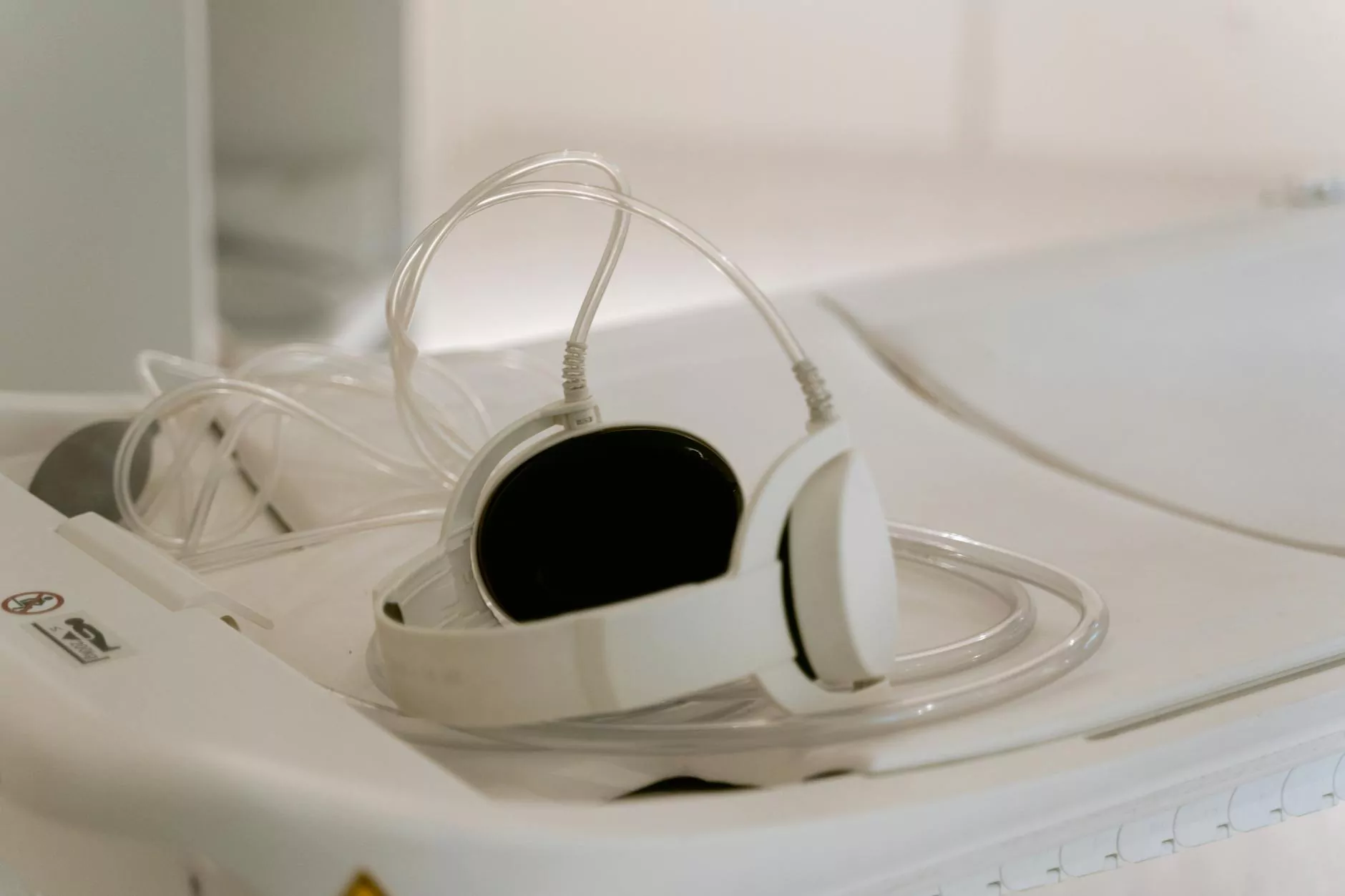Maximizing Efficiency with Industrial Dehumidifiers

In today's fast-paced business world, maintaining an optimal environment for operations is crucial. One often-overlooked aspect of this is humidity control. Industrial dehumidifiers play a vital role in ensuring that businesses can operate efficiently, especially in settings where humidity levels can be detrimental. In this comprehensive article, we will delve into the importance of industrial dehumidifiers, their applications, benefits, and how to select the right model for your needs.
Understanding the Need for Dehumidification
Humidity, while a natural component of our atmosphere, can significantly affect various industrial processes and products. Excess moisture can lead to a variety of problems, including:
- Corrosion of metal components
- Mold and mildew growth
- Damage to sensitive equipment
- Decreased efficiency in manufacturing processes
- Reduced comfort for employees
By implementing industrial dehumidifiers, businesses can effectively mitigate these issues, promoting a healthier workspace and preserving the integrity of their assets.
How Industrial Dehumidifiers Work
Before diving into the benefits, it’s important to understand how these machines operate. Industrial dehumidifiers remove excess moisture from the air using one of two primary methods:
1. Refrigerant Dehumidification
This method works similarly to an air conditioning system. The humid air is drawn into the unit, cooled using refrigerant coils, and then re-warmed before being released back into the environment. As the air cools, moisture condenses on the coils and is collected in a reservoir or expelled via a drainage system.
2. Desiccant Dehumidification
These systems utilize materials that absorb moisture from the air, known as desiccants. This method is particularly effective in low-temperature environments and offers continuous moisture control, making it ideal for specific industrial applications.
Key Benefits of Utilizing Industrial Dehumidifiers
The implementation of industrial dehumidifiers in a business environment offers numerous benefits:
1. Protecting Equipment and Machinery
Moisture is known to cause rust and corrosion on various types of machinery and equipment. Industrial dehumidifiers help in maintaining a balanced humidity level, thereby significantly extending the lifespan of your valuable assets.
2. Enhancing Product Quality
For businesses involved in manufacturing or storing products, excess humidity can lead to degradation of quality. Whether it’s food products susceptible to spoilage or electronics prone to moisture damage, maintaining an optimal humidity level ensures superior product quality.
3. Improving Air Quality
High humidity levels can trap pollutants and allergens in the air, leading to a detrimental working environment. By controlling moisture, industrial dehumidifiers help reduce dust mites, mold spores, and other airborne particles, thereby improving indoor air quality.
4. Increasing Energy Efficiency
In an environment with high humidity, HVAC systems have to work harder to cool the air – thus consuming more energy. By utilizing an industrial dehumidifier, you reduce the load on your air conditioning units, leading to significant energy savings over time.
Applications of Industrial Dehumidifiers
Several industries can benefit from industrial dehumidifiers. These include:
- Manufacturing Facilities: To protect equipment and ensure quality control during production.
- Food Processing Plants: To inhibit mold growth and maintain food safety standards.
- Pharmaceuticals: To preserve integrity and efficacy of sensitive products.
- Textile Industry: To protect materials from moisture damage and maintain production efficiency.
- Warehousing: To safeguard stored goods from humidity-related damage.
Selecting the Right Industrial Dehumidifier
When considering an industrial dehumidifier, it is essential to evaluate specific criteria to ensure you choose the model that best fits your operational needs:
1. Size and Capacity
The capacity of a dehumidifier is measured in pints or liters of moisture removed from the air over 24 hours. The size required depends on the volume of space and the existing humidity levels. Proper sizing is crucial to achieving maximum efficiency.
2. Design and Portability
Depending on your space, you may require a portable unit that can be moved around, or a fixed installation that can handle large capacities. Consider the design that best meets your operational requirements.
3. Energy Efficiency
As energy costs rise, selecting a dehumidifier with high energy efficiency ratings (EER) is vital for minimizing operational costs. Look for models labeled as Energy Star compliant.
4. Maintenance Requirements
Different models have varying levels of maintenance. Consider ease of cleaning, filter replacements, and reservoir management when selecting your unit.
Installation and Operation Tips
To maximize the effectiveness of your industrial dehumidifier, consider these operational tips:
- Optimal Placement: Position the dehumidifier in a central location to ensure uniform coverage.
- Regular Maintenance: Schedule routine checks to clean filters and condensate drains to maintain efficiency.
- Monitor Humidity Levels: Use hygrometers to frequently monitor and adjust the settings of your dehumidifier accordingly.
Case Studies: Success Stories with Industrial Dehumidifiers
Many businesses have successfully integrated industrial dehumidifiers into their operations. Here are a couple of examples:
1. A Food Processing Company
A well-known food processor faced challenges with moisture leading to spoilage and product degradation. After implementing industrial dehumidifiers, they noted a 30% reduction in waste due to spoilage and better compliance with health regulations, ultimately resulting in improved profitability.
2. A Textile Manufacturer
In a textile manufacturing plant, high humidity was causing fabric damage and decreasing overall productivity. The installation of industrial dehumidifiers resulted in reduced material loss and improved working conditions, enhancing overall workforce morale and efficiency.
Final Thoughts on Industrial Dehumidifiers
The significance of managing humidity levels in industrial settings cannot be overstated. By investing in high-quality industrial dehumidifiers, businesses can protect their assets, ensure product quality, and create a healthier working environment. The right choice in dehumidification not only promotes operational efficiency but also contributes to sustainable business practices by reducing waste and energy consumption.
For businesses considering an investment in industrial dehumidifiers, it’s important to assess specific needs, analyze environmental conditions, and consult experts to make an informed decision. Partnering with reputable suppliers like Climatronics ensures that you find the best dehumidification solutions tailored for your operations.
dehumidifier industrial








